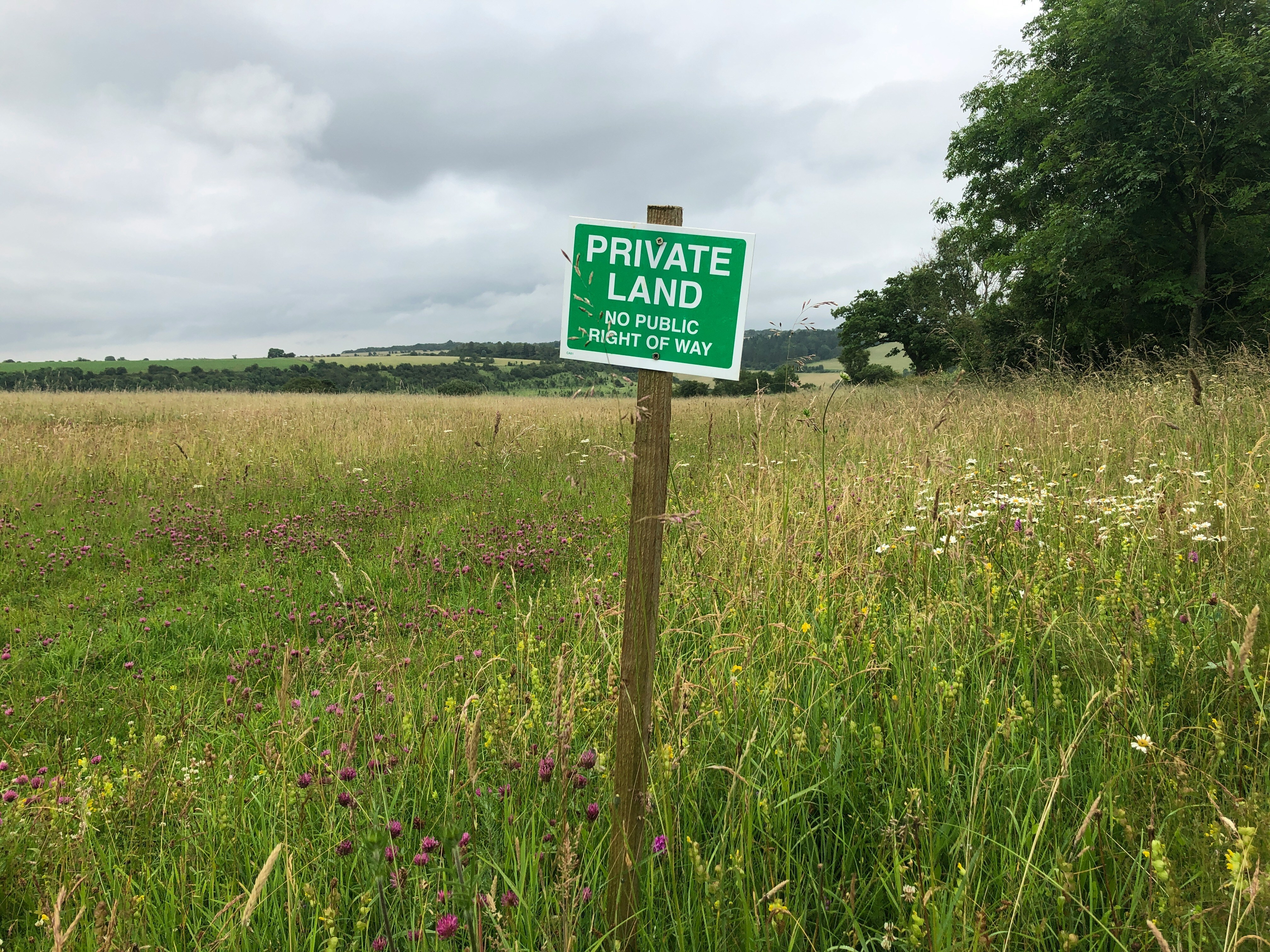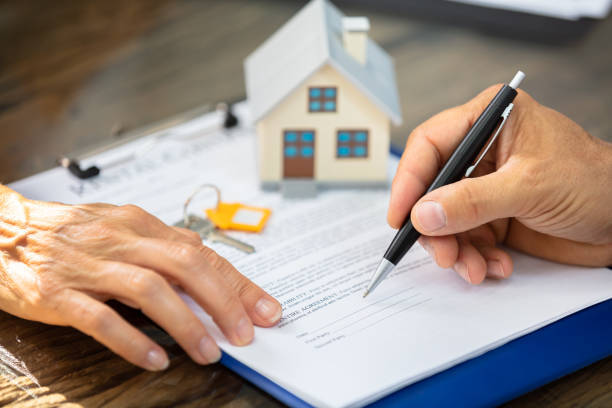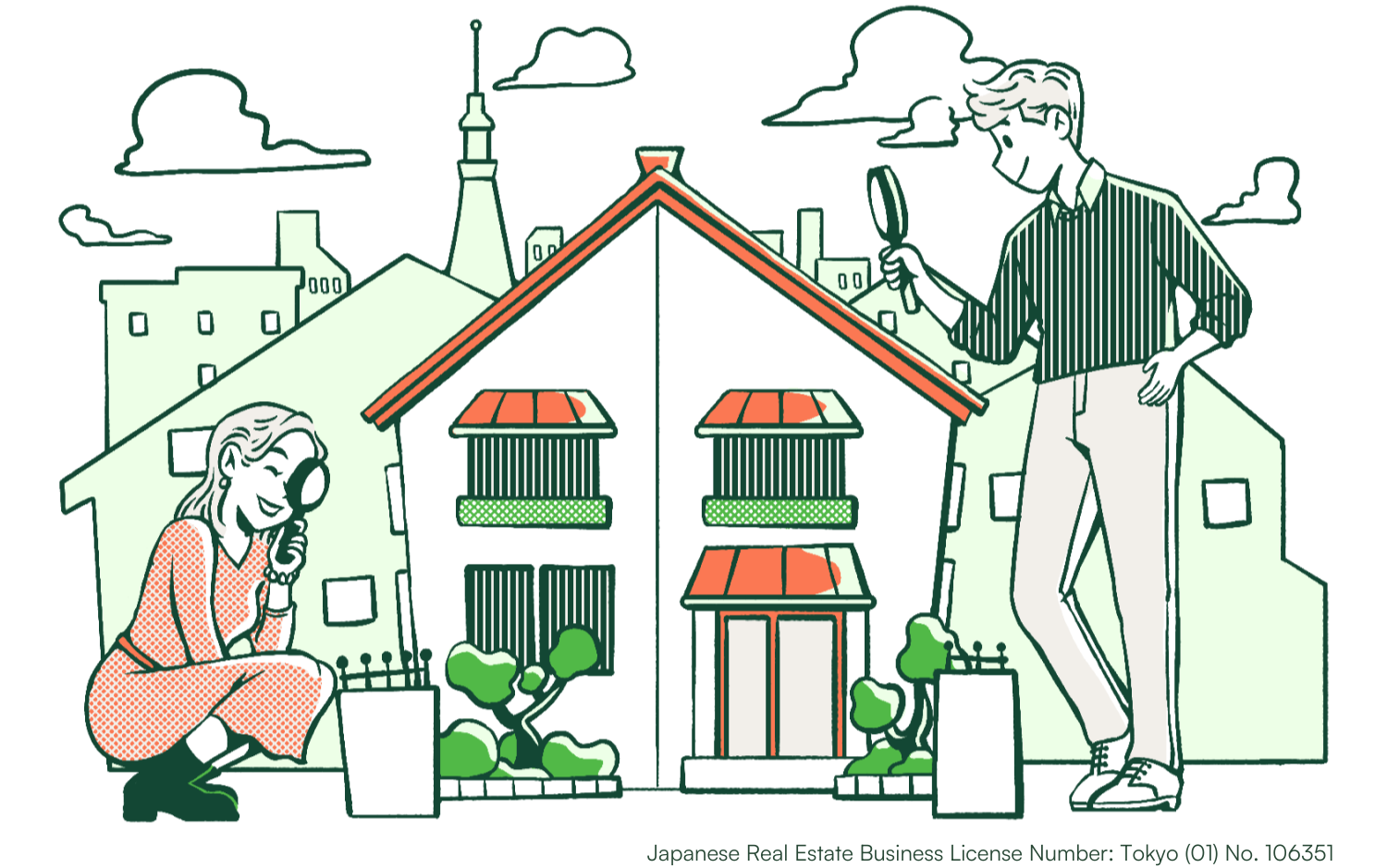
Property Due Diligence in Japan For Foreign Investors
When investing in Japanese real estate, conducting thorough due diligence is essential to navigate the country’s unique legal, geographical, and regulatory landscape. This article outlines key considerations to help investors make informed decisions in Japan’s real estate market.
Table of Contents
When investing in real estate in Japan, conducting thorough property due diligence is crucial. The unique landscape of Japan’s real estate market, influenced by its legal, geographical, and regulatory environment, presents specific challenges and opportunities. This article explores top key considerations when conducting due diligence on property investments in Japan:
Land Rights and Tenure
Japan’s land ownership system is complex, consisting primarily of freehold and leasehold rights. Freehold implies full ownership, while leasehold involves limited rights tied to specific terms. Both forms of ownership affect a property's long-term value and potential uses. Understanding these distinctions can make or break your investment.
Zoning Regulations and Land Use
Strict zoning laws govern in Japan what can be done on a property. Buyers must ensure that their intended use of the property aligns with local zoning regulations to avoid legal complications and potential project delays. Permits may be required, and working with local experts can help secure the necessary approvals.
Building Codes and Historical Preservation
Given Japan’s susceptibility to earthquakes, adherence to the country’s stringent seismic building codes is essential. Ensure that properties meet these regulations to guarantee that the property is safe and suitable for long-term investment. Additionally, some properties may fall under cultural or historical preservation laws, especially when located in designated zones. This restricts renovations or demolitions, which could impact your future development plans.
Natural Disaster Risks
Japan’s geography exposes it to natural disasters like typhoons and floods. When considering a property, review historical data on natural disaster occurrences and the property's proximity to risk-prone areas. This will allow investors like you to take preventive measures and ensure safer property investments to be part of your portfolio.
Title, Ownership, and Lease Agreements
Confirming the title and ownership is essential, as Japan’s land registration system ensures clarity in ownership rights. For leasehold properties, investors should carefully review lease agreements to understand the rights and obligations of both landlords and tenants. Ensuring the accuracy of ownership records is a vital step in safeguarding the legitimacy of the transaction.
Environmental and Financial Considerations
Evaluating potential environmental hazards, such as soil contamination, is necessary to gauge the property's value and potential development issues. Investors should also be aware of the tax obligations, including property and capital gains taxes. Given Japan’s complex taxation system, seeking advice from financial professionals is recommended.
Due diligence is necessary for a successful property investment in Japan. By carefully analyzing the land rights, zoning regulations, building codes, environmental factors, and financial obligations, you can navigate the market effectively and make sound investment decisions.






